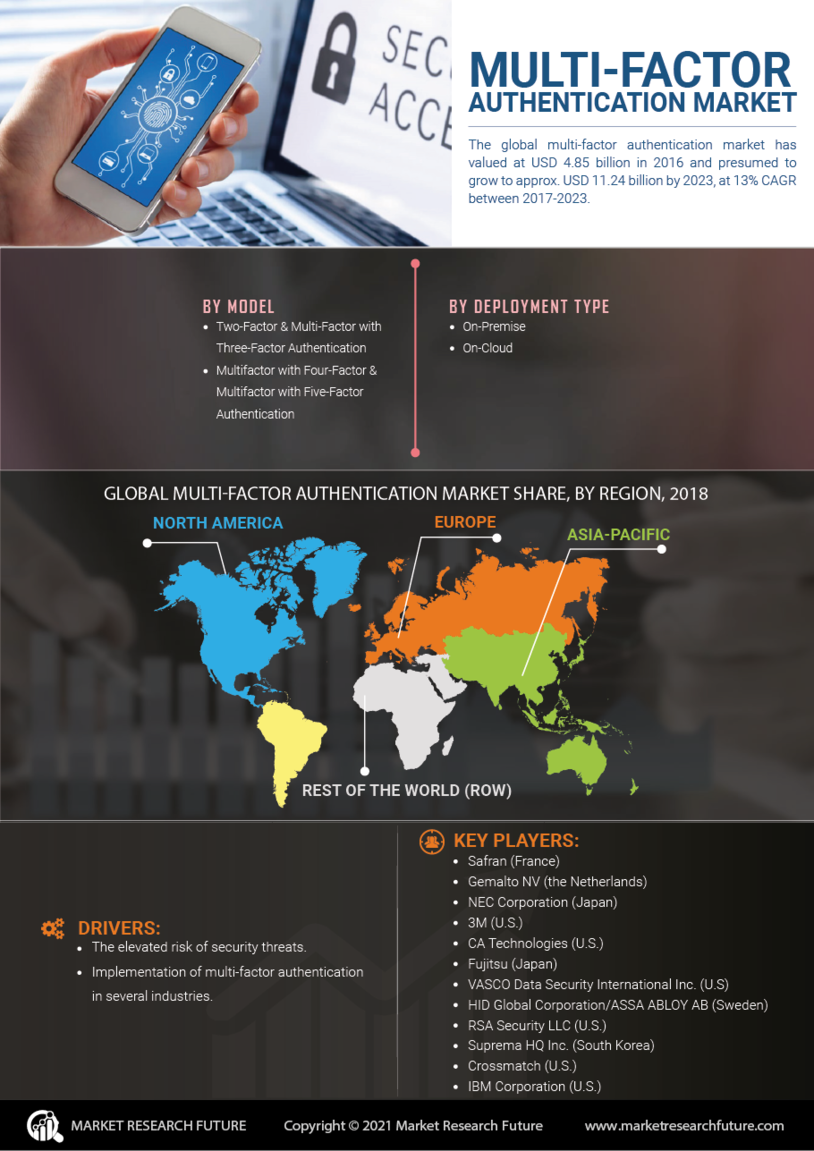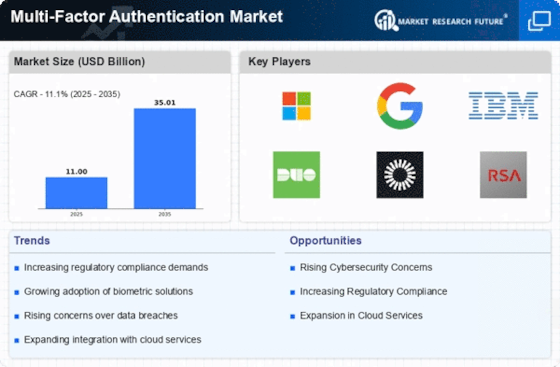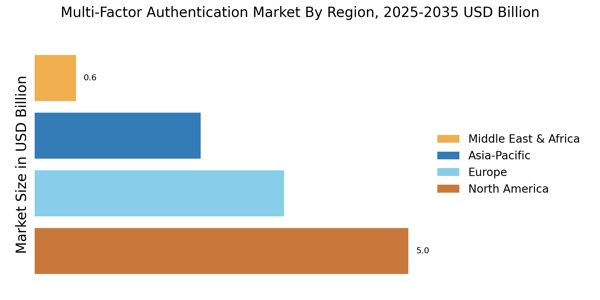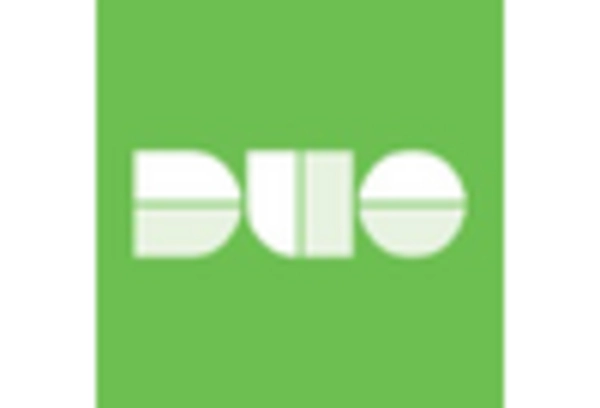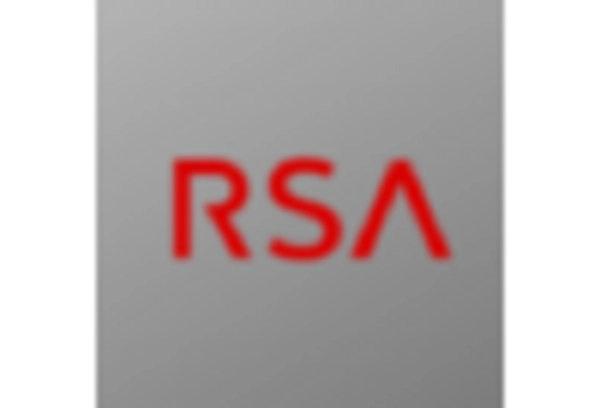Research Methodology on Multifactor Authentication Market
Introduction
The objective of this research report is to provide an in-depth assessment of the multifactor authentication market. The report shall focus on the drivers, opportunities, challenges, and forecasts of the market over the foreseen period 2023 to 2030. This report aims to access the market growth and provide valuable insights into the global multifactor authentication market. The report integrates analysis from secondary sources, primary sources, and expert interviews, which have been synthesized to provide a holistic view of the market with relevant data and insights.
Research Design and Approach
The research methodology used to analyze the multifactor authentication market is scientific and systematic, based on a variety of primary and secondary sources. The secondary sources used for the research included relevant reports, databases, sources and articles. This report focuses on both qualitative and quantitative analyses to explore the position and trends in the multifactor authentication market.
Research Objectives
The primary objective of this research study is to gain insights into the trends, developments, and dynamics in the multifactor authentication market. This study covers qualitative and quantitative insights into the factors that drive the multifactor authentication market, including market penetration, customer needs and preferences, pricing & promotional strategies, new product developments, cost structures, back-end operations and supply & demand break-up.
Market Segmentation
The multifactor authentication market is segmented into the following sub-markets:
- By Type: Smart Card, Token-Based, Biometric, et al.
- By Application: Financial Services, Healthcare, Education, Government, et al.
- By End-User: Large Enterprises, Small and Medium-sized Enterprises, et al.
- By Regions/Countries: North America, Europe, Asia Pacific, Latin America, and Middle East & Africa.
Data Sources
The data sources for the multifactor authentication market report included:
- Primary Sources: Key opinion leaders, industry experts, a subject-matter expert, and industry practitioners
- Secondary Sources: Government portals, multilateral organizations, corporations, published research papers and literature, industry associations, and journals.
Research Approach
The research approach includes collecting information from different sources, such as primary research and secondary sources. Primary research includes engaging industry experts and market stakeholders for validating the collected data. A detailed review of secondary sources, such as published research papers and trade databases, is used to verify and validate the information. Self-paced surveys, interviews with industry professionals, and market reports enabled us to better understand the multifactor authentication market.
Marketing Research Process
- Problem Definition: Define the objectives of the research
- Research Design: Design a comprehensive report to summarize the insights
- Data Collection & Interpretation: Summarize the data collected from primary and secondary sources
- Analysis & Testing: Analyze the data and perform testing to validate the insights
- Reporting & Recommendations: Provide actionable insights based on the data collected
Conclusion
The research report aptly covers the multifactor authentication market dynamics, trends, and opportunities affecting the multifactor authentication market growth and covers the overall macroeconomic and microeconomic factors influencing the market. The primary and secondary research methodology adopted for compiling the research report additionally helped us to identify the untapped opportunity areas in the market and articulate the qualitative and quantitative data for the market.
